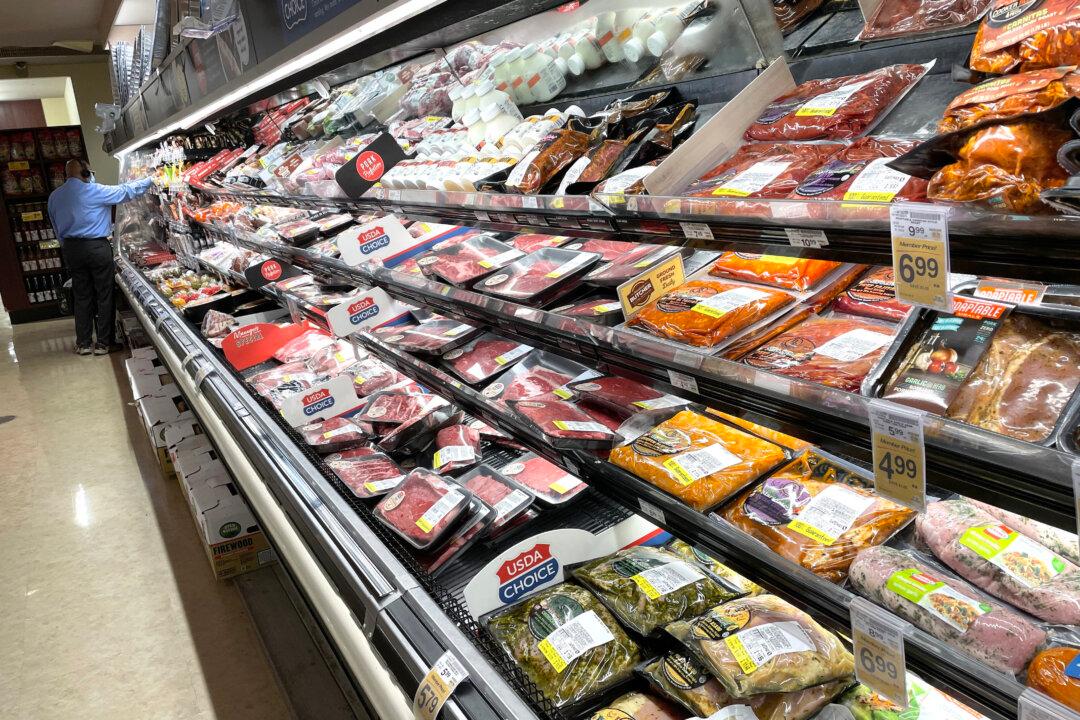Commentary
The prices of everything from cars to groceries to gas have inflated due to overheated demand and supply shocks. While there’s widespread concern about inflation, soaring food prices are perhaps the most worrisome for many, including the Biden administration.





